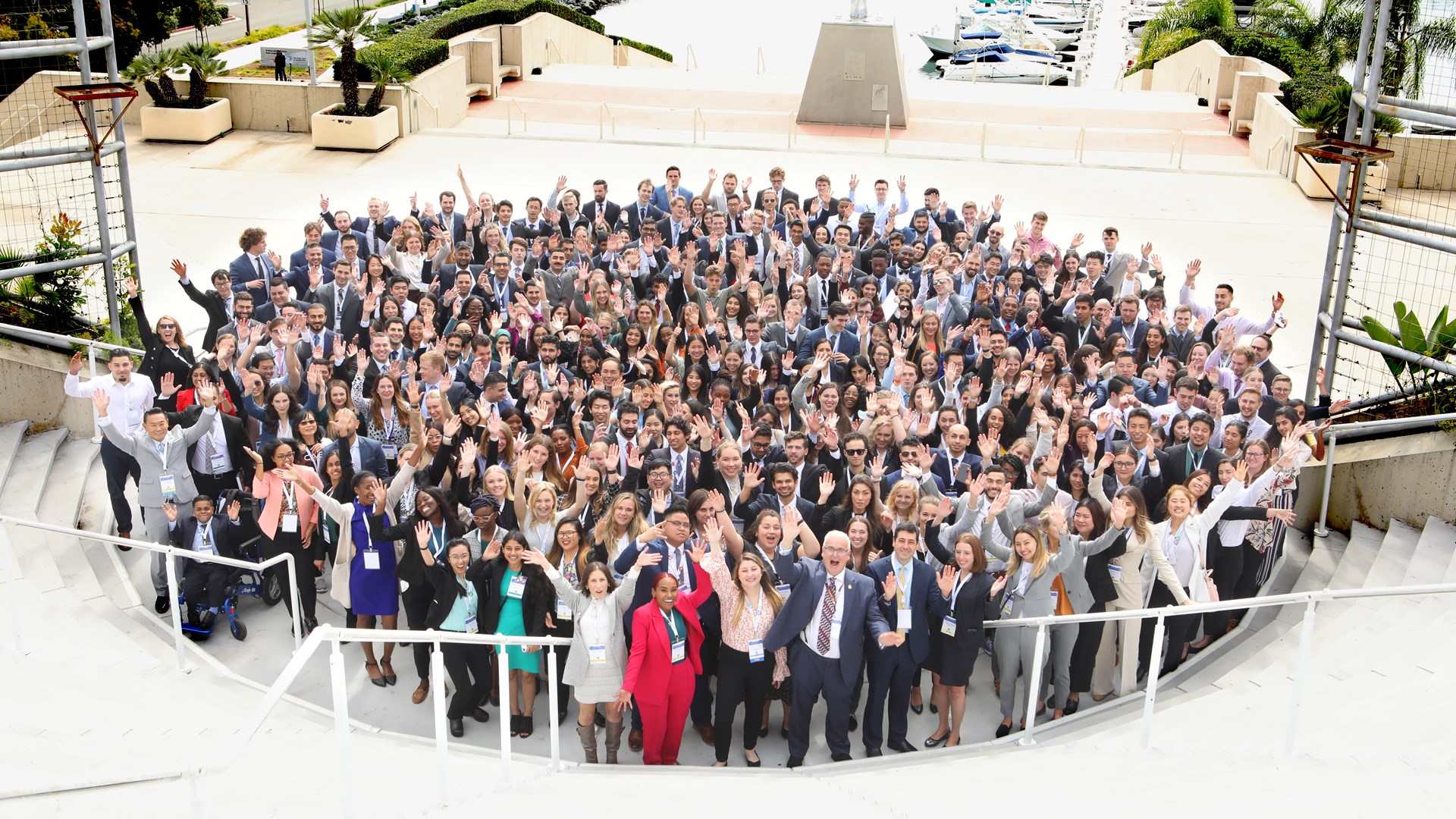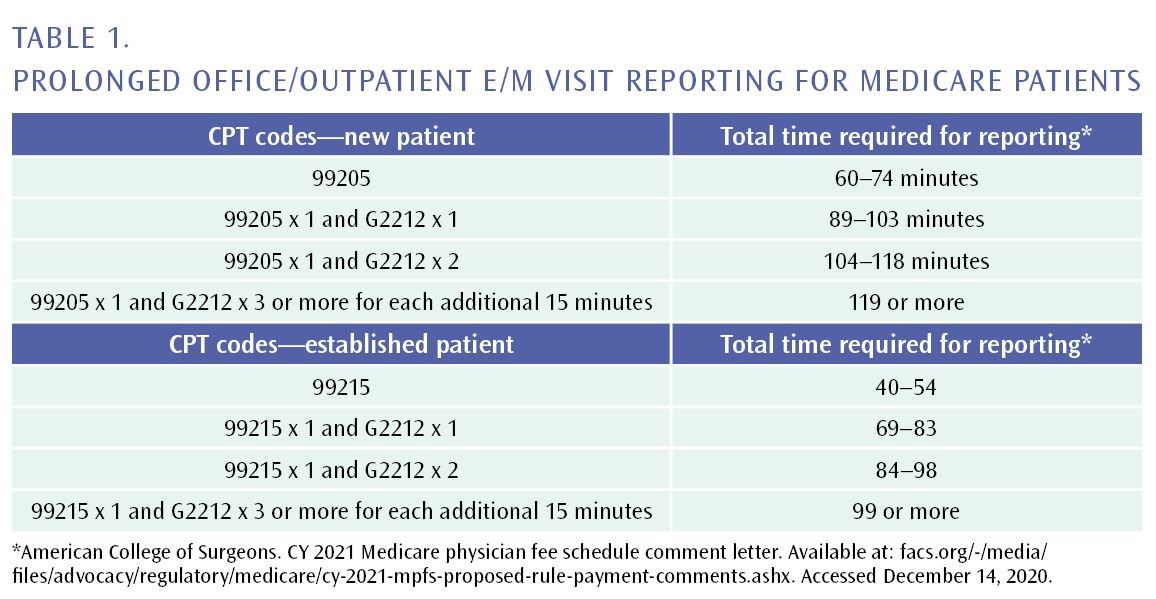Paperwork and More Paperwork
It is critical that your program coordinator has updated contact information to send you the multitude of administrative documents required for a residency program. Over the coming weeks, you will receive several emails regarding institutional paperwork and medical licensure. Be sure to watch out for these emails and respond to them quickly.
State and institutional credentialing can take a long time and often requires formal background checks that can slow down the process even more. Staying on top of these administrative tasks sets you up for success and can help avoid a delayed start date.
You also should make note of any clinical requirements your program may have such as completing online training modules or passing Step 2 of the United States Medical Licensing Examination. These tasks can similarly take significant time or preparation, and you should not wait until the last minute.
If you are a non-US medical school graduate, it is imperative that you start working on visa paperwork as soon as possible and that you are diligent in following up with the approving bodies. Kaitlin A. Ritter, MD, noted that every year during her training at the Cleveland Clinic in Ohio, one or two of the preliminary residents would start residency late due to visa or travel issues.
In addition to all the other credentialing paperwork (which can take even longer to verify internationally), visas are subject to very strict approval processes. Even small errors can set your timeline back significantly.
While a delayed start is not the end of the world—as most programs will usually hold your position (within a reasonable timeframe)—it is not how you want to start off your residency.
In addition to helping coordinate the administrative tasks associated with starting residency, your program often can help connect you with resources related to moving and put you in contact with your future co-interns and senior residents.
Reaching out to other trainees can provide a firsthand experience with learned tips and tricks for relocating. After matching, many medical students will start a group chat on a platform like WhatsApp or a group text where they can start getting to know one another and brainstorm ideas related to onboarding and moving. Your intern class will become some of your closest colleagues and lifelong friends—don’t hesitate to reach out early and start building fellowship.
Moving Preparations
As you have advanced through the various stages of your academic career, many of you have experienced several moves. And while moving is always a process, moving for residency presents many unique challenges that can be overcome by early planning and preparation.
The first item on the agenda is to find a place to live. Depending on where you matched, this can be as simple as staying at your current residence versus locating a home on the other side of the country. Important considerations for selecting a place to live include proximity to the hospital, safety of the neighborhood, access to parking and/or public transportation, and cost of housing.
Location is one of the most important variables to consider with housing. Proximity to the hospital can have significant effects on your daily schedule and experience taking home call. While living adjacent to the hospital may seem like an ideal situation, it is important to understand the amount of time you will spend at any given location.
Many residency programs have several affiliated hospitals and send their trainees for rotations of various lengths around the city or state. Choosing housing that straddles the distance between your major sites may be a more appealing option depending on your given rotation structure. To help guide your search, ask the senior residents about where members of the program live, especially since many graduating chiefs from your program may be interested in selling, subleasing, or transferring a rental to an incoming intern.
Cost of living also can be a significant consideration. Trainees’ salaries are modest, and this can result in tight budgets—especially in more expensive cities with skyrocketing housing costs. Many institutions have started offering housing stipends or hospital-affiliated subsidized housing to trainees. Check with your residency program to see if these options are available.
In addition to the challenges of finding a physical location to live in, moving also entails uprooting multiple elements of your life, such as locating child/pet care, researching school districts, and seeking employment for your spouse or significant other. While 3 months may seem like a long time, organizing these additional details can make those months fly by.
It also is helpful to consider housing location based on your partner’s and family’s needs. While living close to the hospital and minimizing your personal commute is ideal, it might make more sense to choose a location based your partner’s work. These decisions merit thoughtful discussion.
Not only may you have specific considerations for your partner, but you also may be moving or expecting a family. Ask your program coordinator about current residents who have children and reach out to them to inquire about local daycare options or reliable, safe networks to find nannies, as well as recommendations on the best school districts.
Many hospitals have an affiliated daycare with hours that are more amenable to surgery residents’ schedules. It’s possible that any of these options may have a prolonged wait time, so arranging this should be a top priority after matching (this is still the case if you are expecting a child in the near future).













